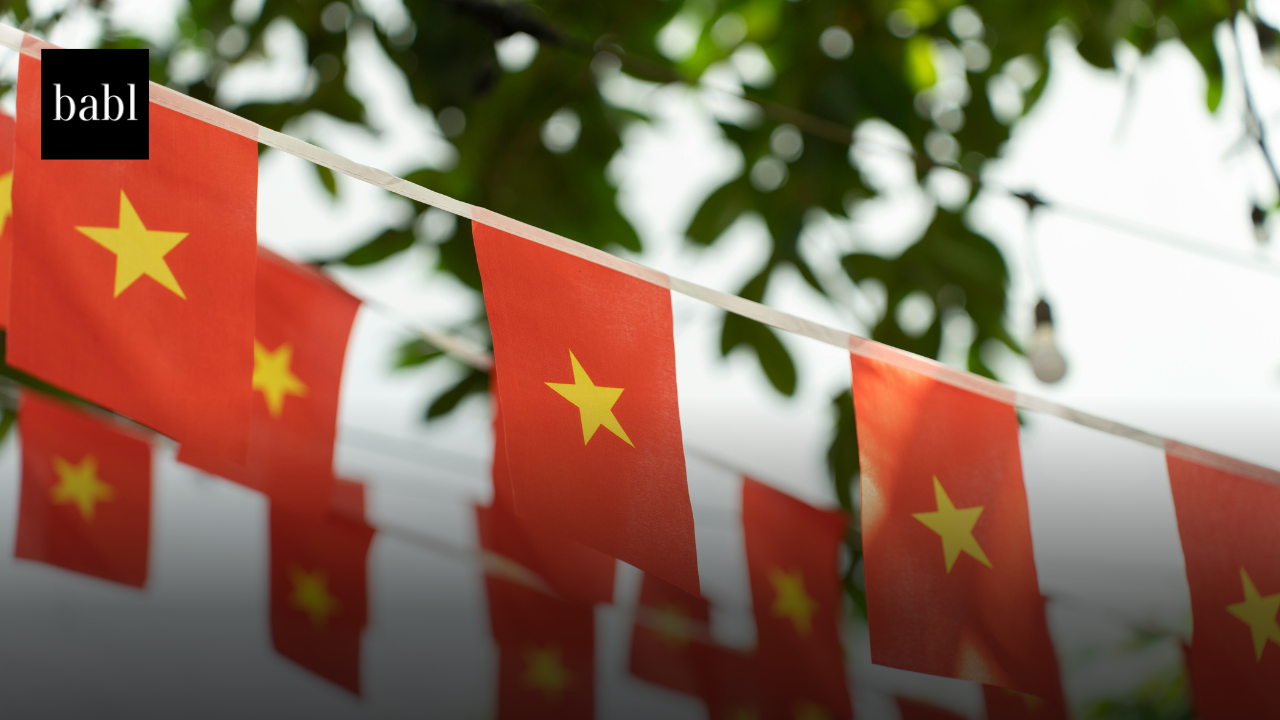Vietnam’s National Assembly has released the draft of its first comprehensive Artificial Intelligence (AI) Law for public comment. The law aims to establish clear rules for development and use of AI systems while safeguarding national security, individual rights, and economic competitiveness.
The proposed legislation, known as the Luật Trí tuệ nhân tạo, sets out broad objectives: protecting lawful rights of organizations and individuals, promoting socio-economic growth, and strengthening Vietnam’s global competitiveness . It applies to all AI-related activities within the country, as well as foreign providers whose systems affect Vietnamese markets, users, or security .
A central feature of the law is a risk-based regulatory model, dividing AI systems into four categories: unacceptable risk (banned), high-risk, medium-risk, and low-risk . Prohibited uses include manipulative systems undermining human autonomy, biometric surveillance in public spaces without special authorization, social credit scoring by the state, and emotion recognition in workplaces and schools .
High-risk systems, such as those used in healthcare, education, finance, critical infrastructure, and law enforcement, will face strict obligations. Providers must maintain risk management systems, ensure data quality, log operations, guarantee human oversight, and register their systems in a national database before deployment . Medium-risk systems must meet transparency and labeling standards, while low-risk systems are encouraged to follow voluntary best practices .
The draft also introduces rules for general-purpose AI models—including large language models—requiring providers to disclose training processes, adopt safety testing, respect intellectual property, and report serious incidents. Models deemed to pose “systemic risk” based on computing thresholds or market impact will face enhanced obligations such as adversarial testing and continuous risk monitoring .
To coordinate national strategy, the bill establishes a National AI Committee, chaired by the Prime Minister, to oversee infrastructure, standards, and inter-ministerial policies . Complementary provisions call for a national AI infrastructure, including supercomputing resources, shared datasets, and promotion of open-source contributions .
Ethical principles underpin the law, requiring AI to remain human-centered, fair, transparent, and accountable. The government will also issue a National AI Ethics Framework and provide financial support through a dedicated AI Development Fund .
If enacted, Vietnam would join a growing list of countries—including members of the European Union, the United States, and China—in introducing binding AI legislation. Lawmakers expect the framework to balance innovation with safeguards, ensuring AI development reflects Vietnam’s cultural values, economic priorities, and security needs.
Need Help?
If you’re concerned or have questions about how to navigate Vietnam’s AI landscape, don’t hesitate to reach out to BABL AI. Their Audit Experts can offer valuable insight and ensure you’re informed and compliant.





